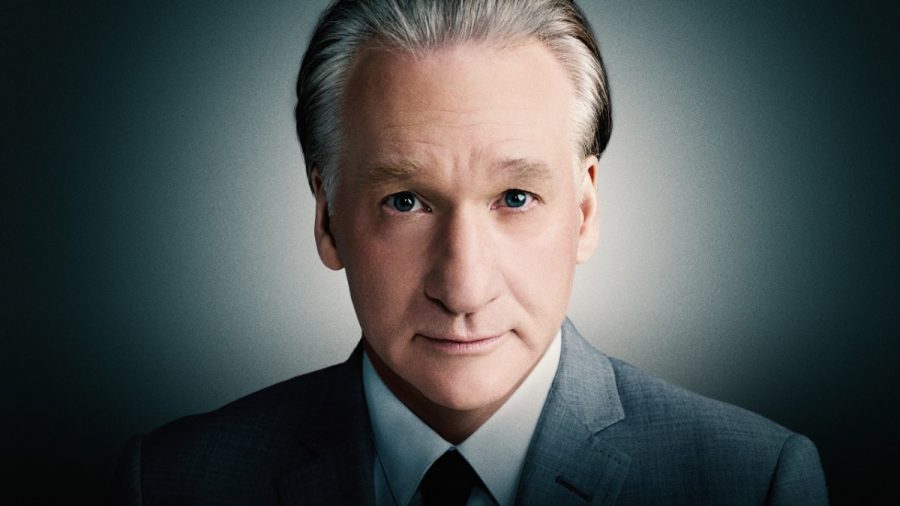How Far is Too Far?
October 7, 2019
The late actor, author and comedian George Carlin said, “ I think it’s the duty of the comedian to find out where the line is drawn and cross it deliberately,” but where is the line? How far is too far when crossing a line? The lines are obviously quite blurred, especially for comedians. It is arguably impossible to be a successful comedian in today’s society without being slightly crass, with few exceptions. Multiple comedians have been the epicenter of controversy for several decades. Comedians have been criticized often for political opinions and joking about taboo topics.
A recent instance of a high-profile controversy comes at the hands of Bill Maher. Maher is an American comedian, political commentator and television show host of the aptly named program, Politically Incorrect. Maher was most recently under fire for his comments regarding fat shaming. Maher’s statements about fat shaming came from his HBO show Real Time with Bill Maher in late August 2019. Maher joked that, “fat shaming doesn’t need to end, it needs to make a comeback,” the comments caused immediate backlash from the public and the media. Many high-profile individuals made their stance on the routine clear, most notably James Corden, the popular British host of the late night program, Late Late Show with James Corden, used his platform to explain his stance on fat shaming and that it never ended, “there’s a common and insulting misconception that fat people are stupid and lazy and we’re not.” While Maher’s makes his points clear that he is more concerned with health aspects of obesity, why did he bring up the topic (which Maher even explained was a controversial one) in the first place? Did he do it to anger people, or was he just attempting to cross a line in the name of comedy? A line which he has tripped over several times in the past. Maher has publicly used racial slurs on live television which he explained as “just a joke.” Which he later apologized for.
A seemingly common misconception among comedians, like Maher, is that they must be controversial in order to garner success. Why not be original? Going the controversial joke route seems like an easy pathway to getting attention, which many comedians in the past have chosen to go down.
Many young successful comedians have proved themselves worthy comics by being original and new and with no controversies holding them down. The new generation of comedians are largely crass, but not controversial. They can easily judge their audience and the political climate and they know what topics to approach and to not approach. Possibly it can be the generational divide about knowing certain topics should not be approached or remarks that should not be made. Not all modern comedians, but most popular young comedians approach controversial topics, but not completely cross the disputed line. They can give a small taste of a taboo topic, but not be offensive to most people. Whereas many popular comedians of the past have been being overtly racist, sexist and homophobic and complain about people being too sensitive.
This never ending cycle of comedians crossing a line and then losing popularity should be a sign that not only is the world of comedy changing, but the world in general. Comedians need to adapt constantly to a changing society. Just because it is not as acceptable to be blatantly insulting anymore doesn’t mean comedy is over. Comedy is adapting, not ending. Instead of complaining about the jokes that can no longer be spit out frivolously anymore, write something original. If society is developing so should comedians.
